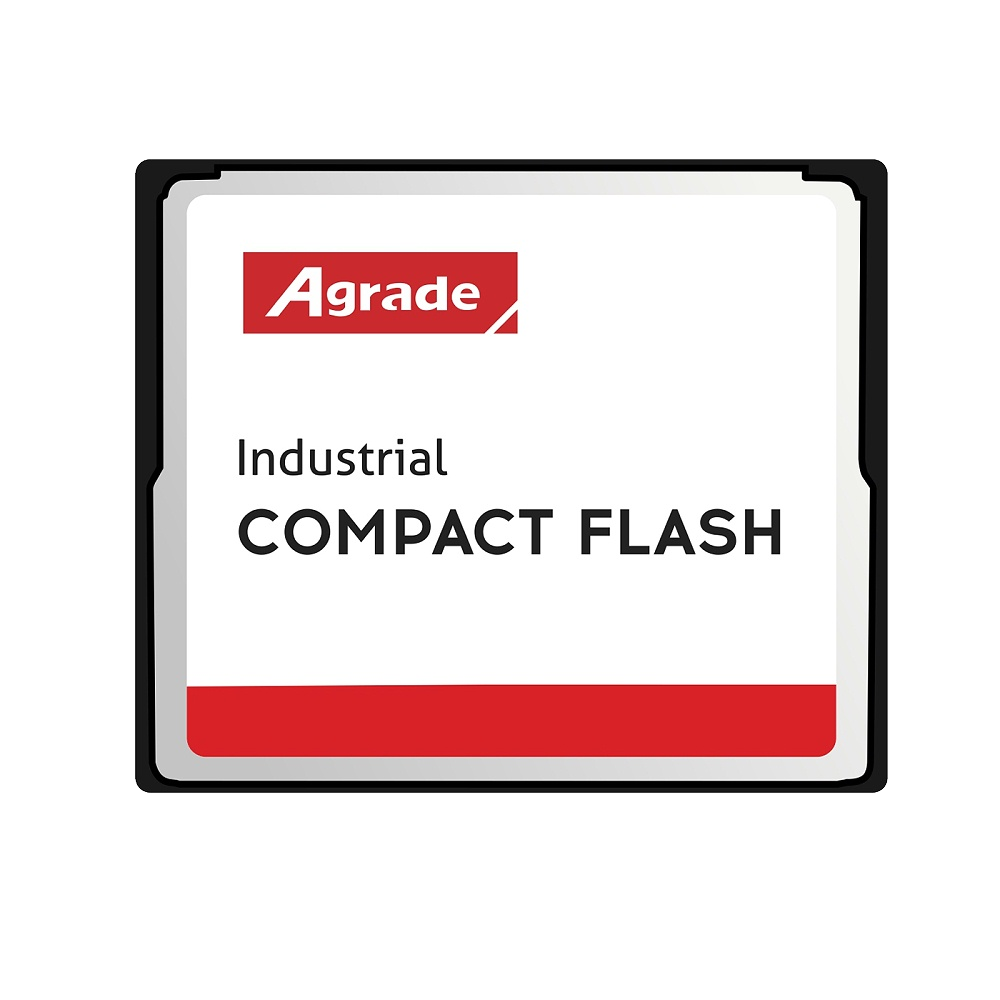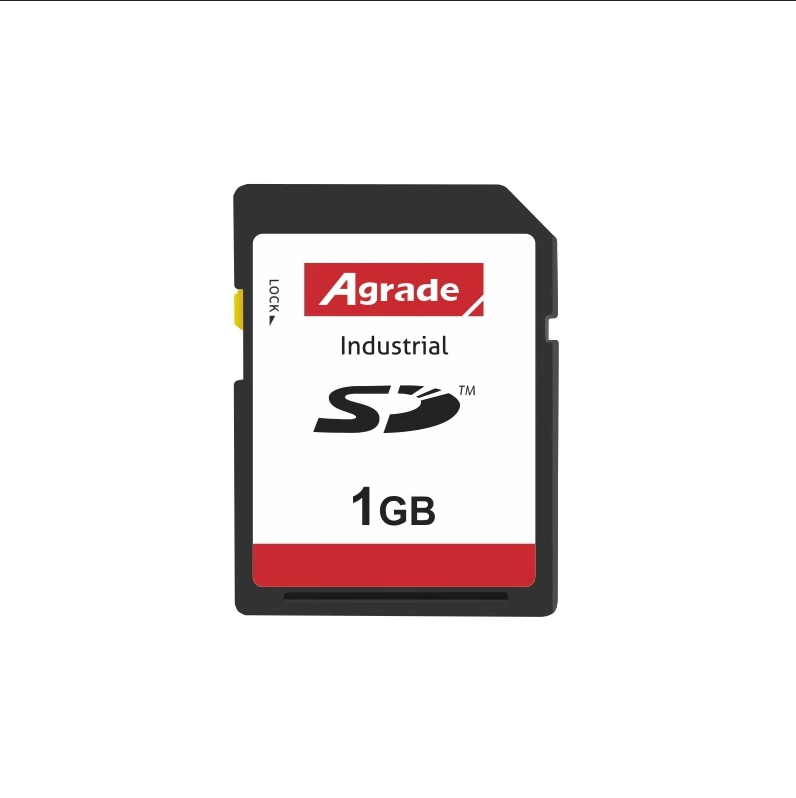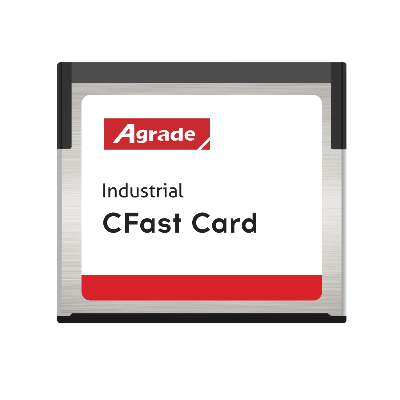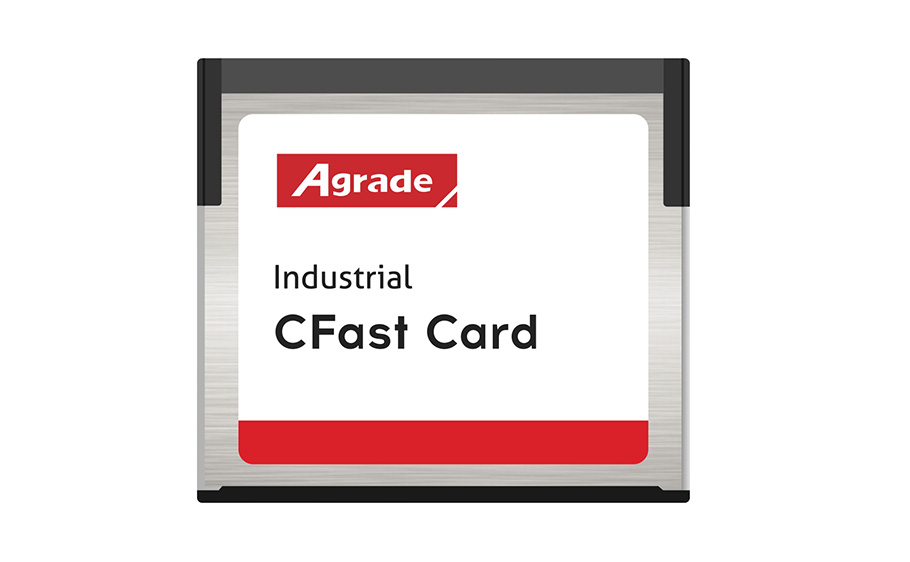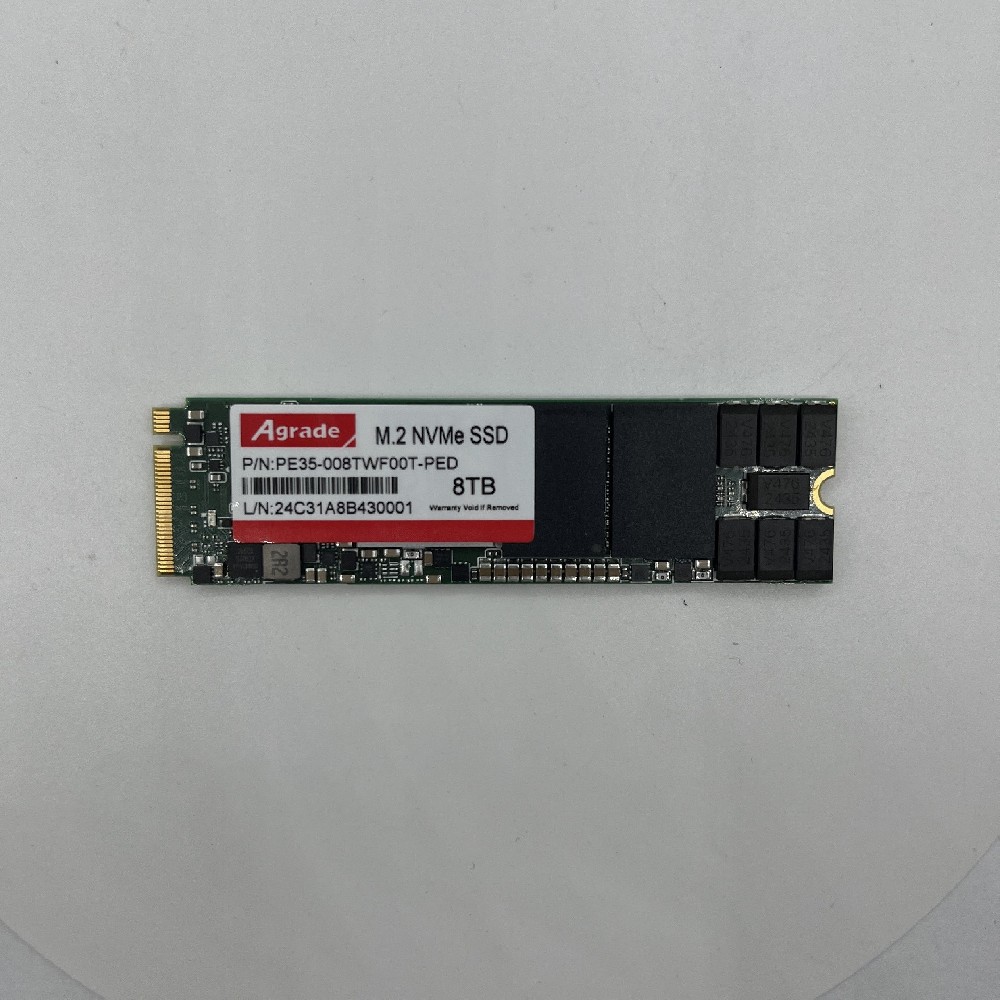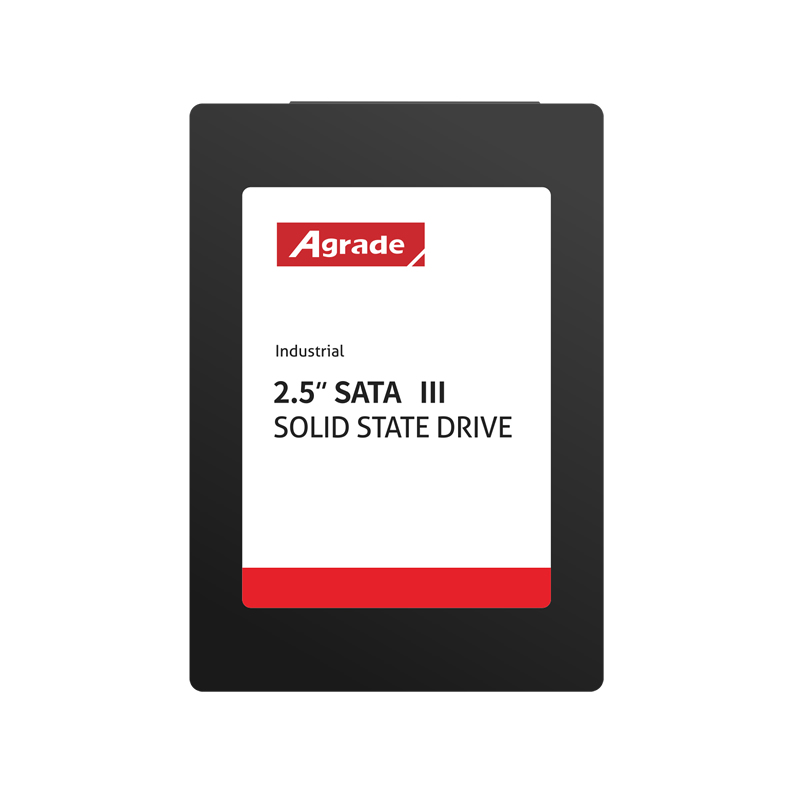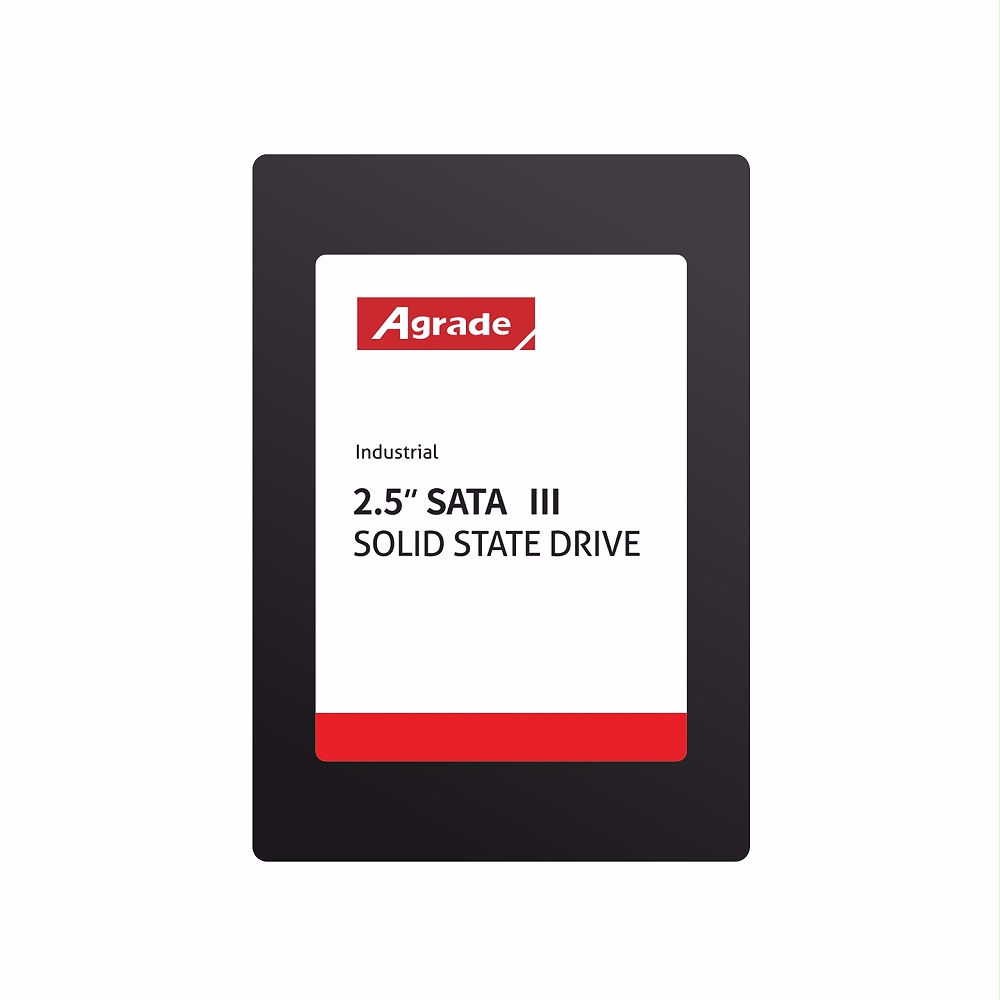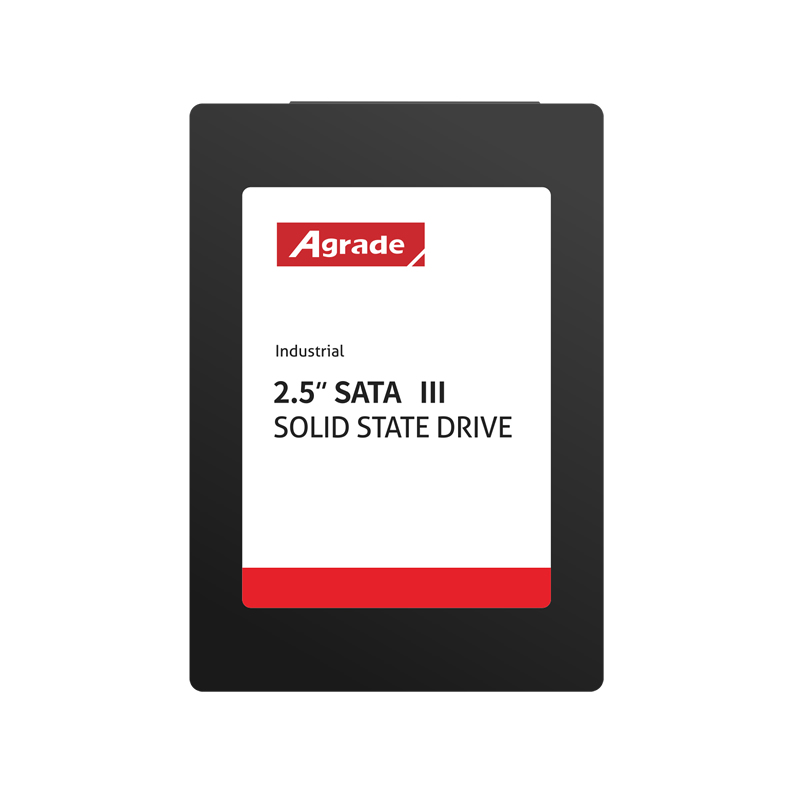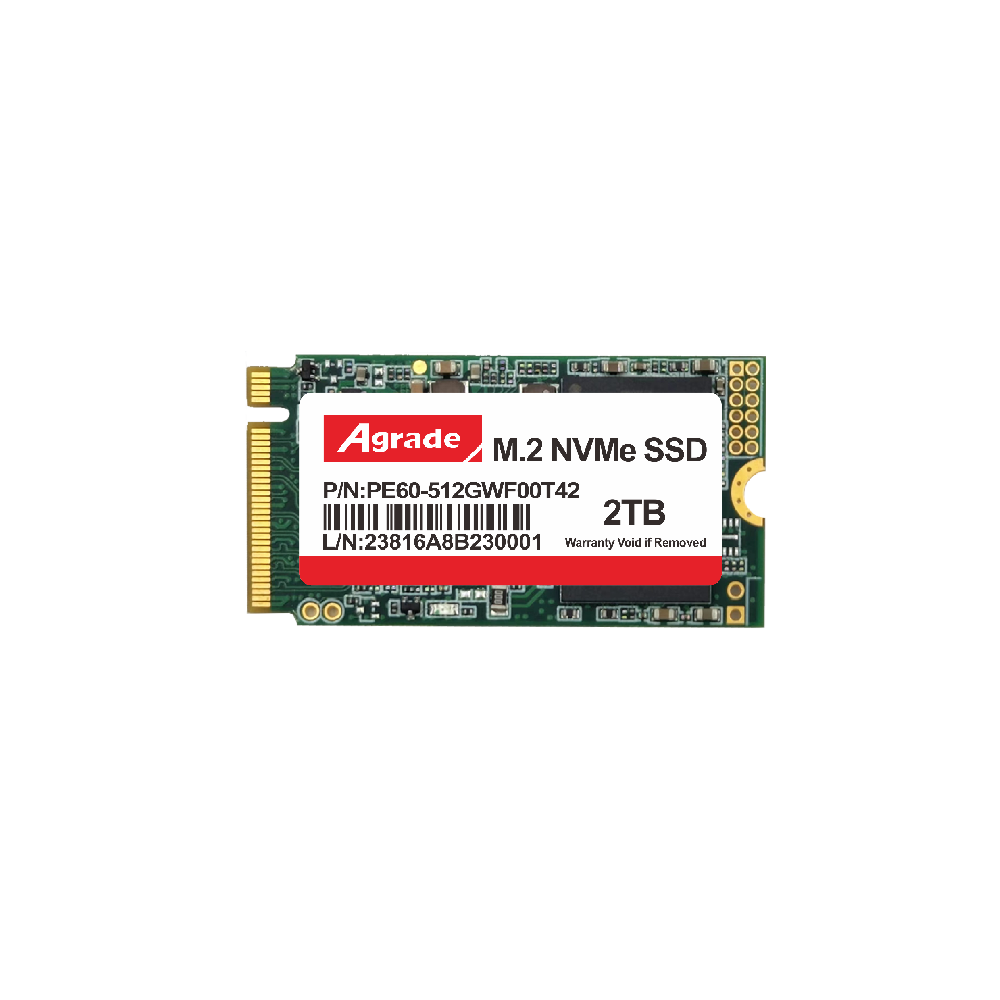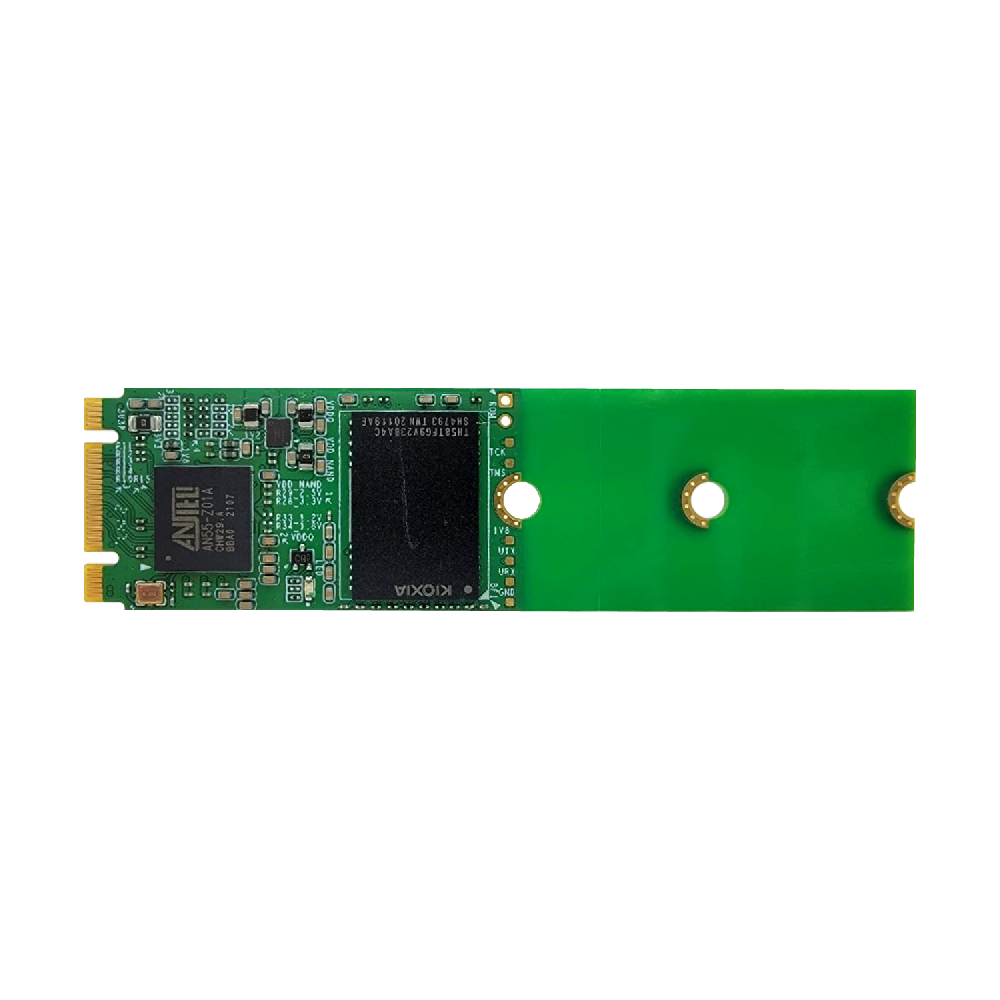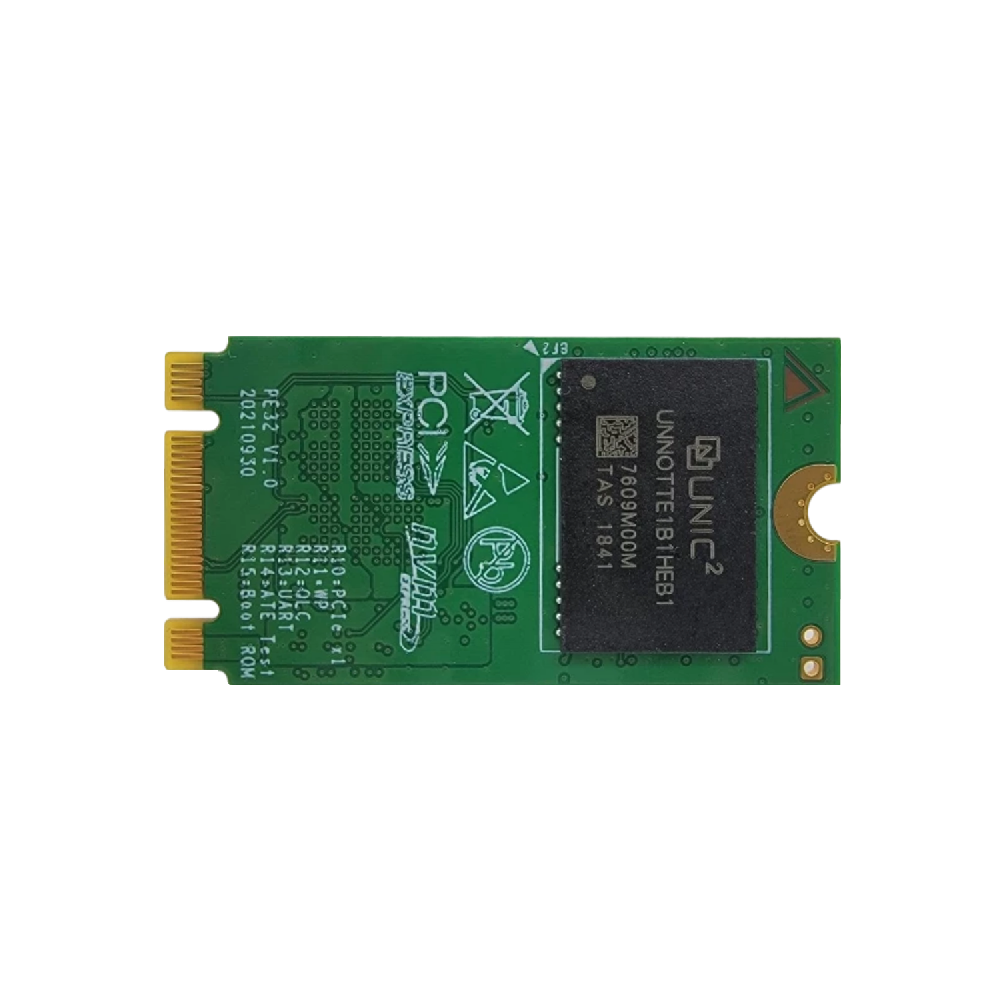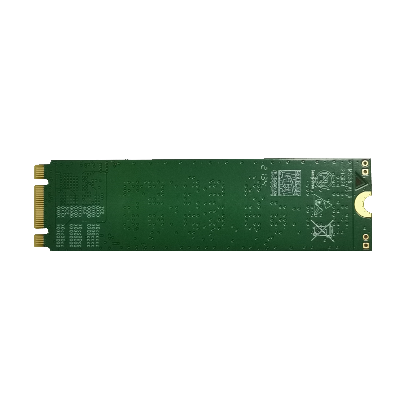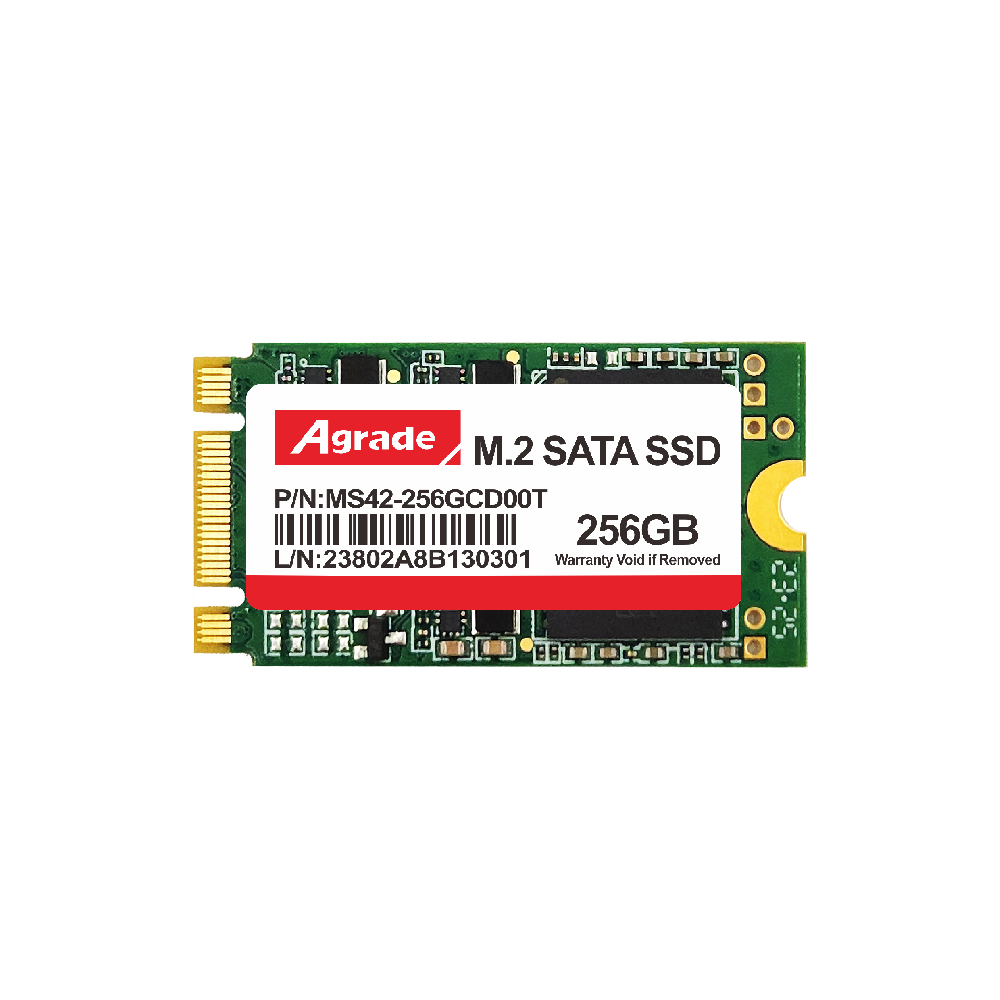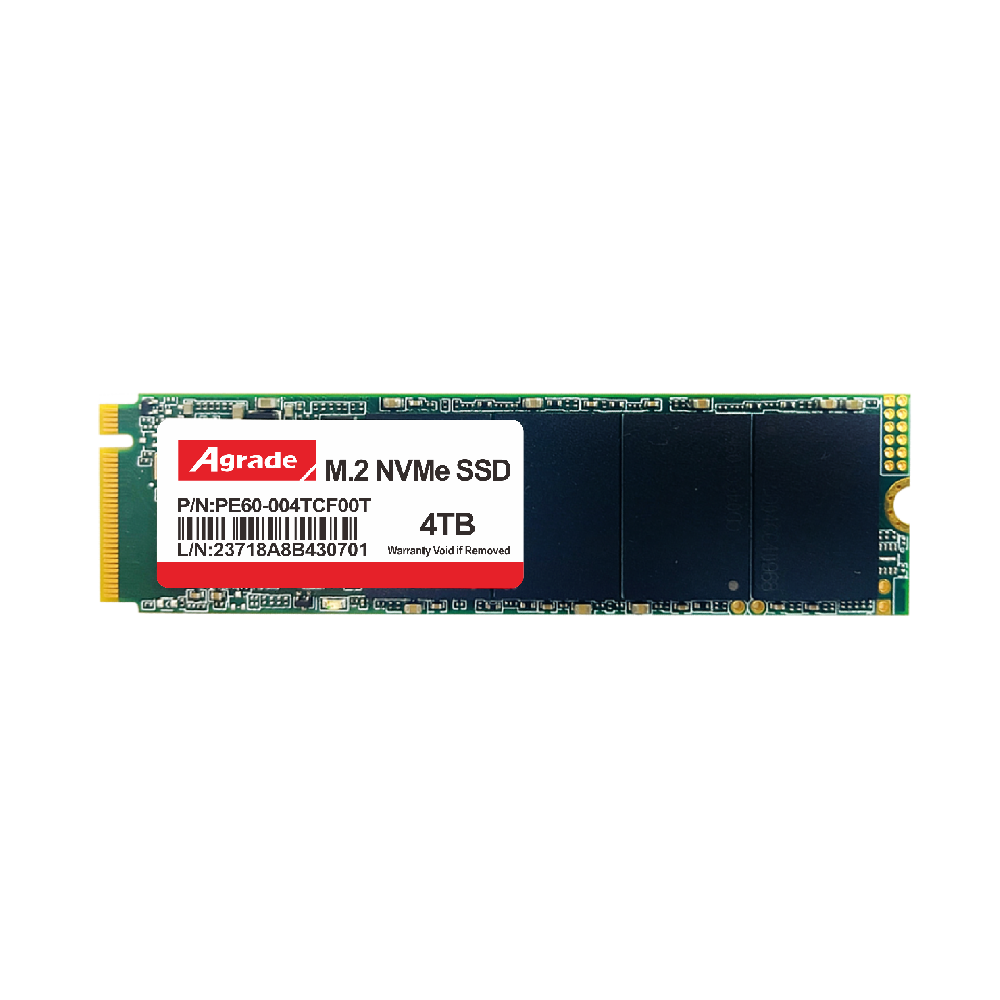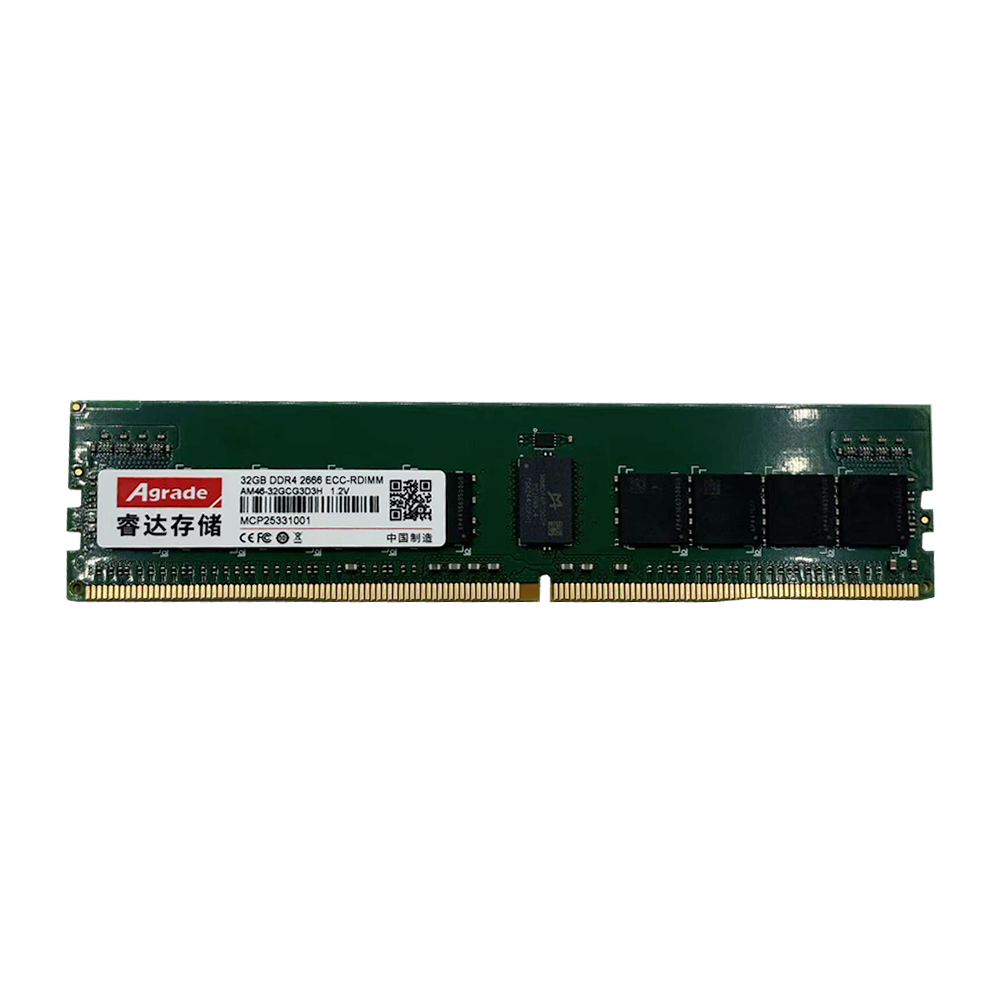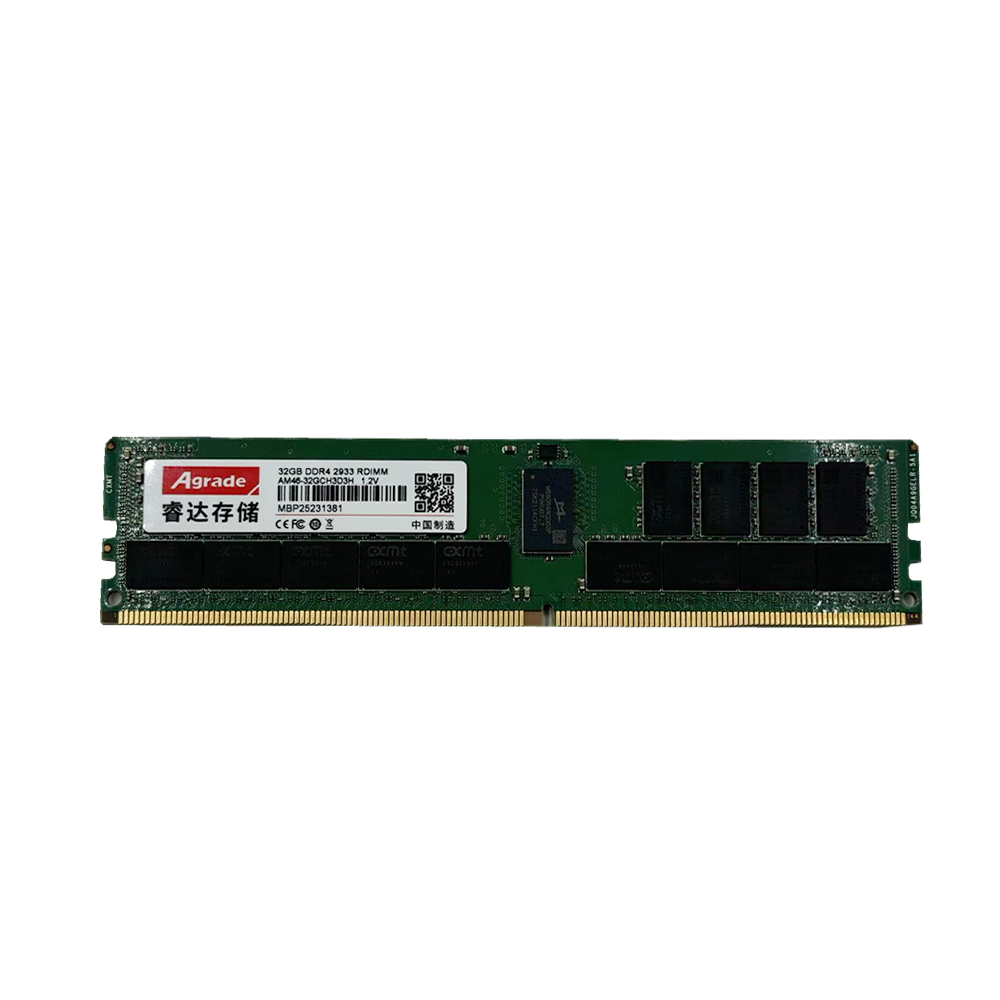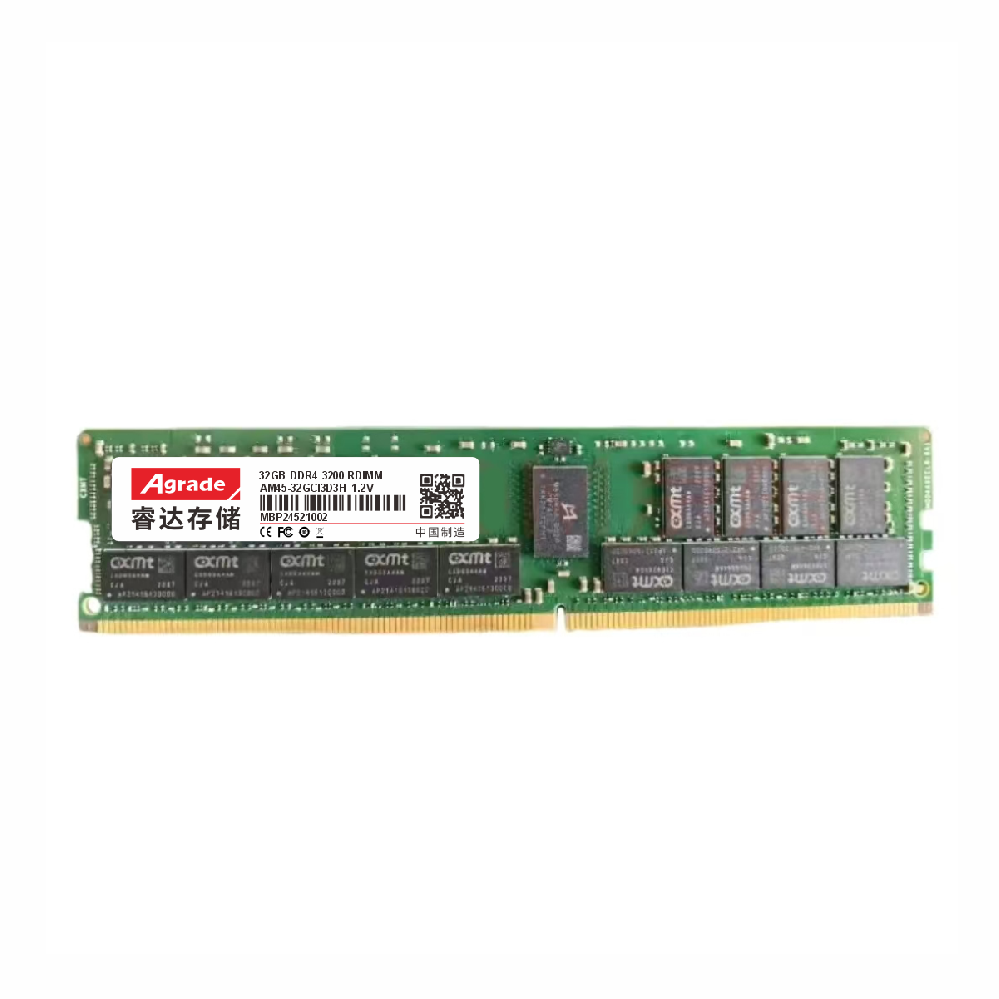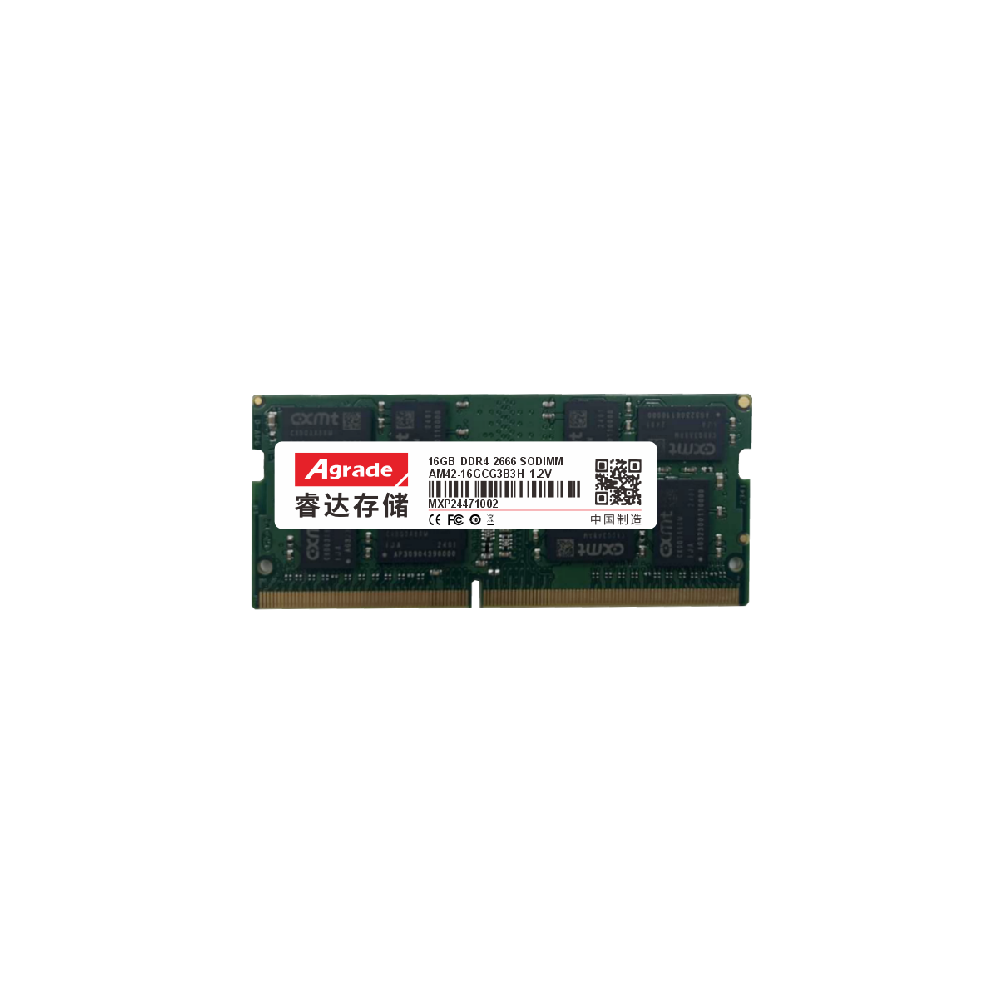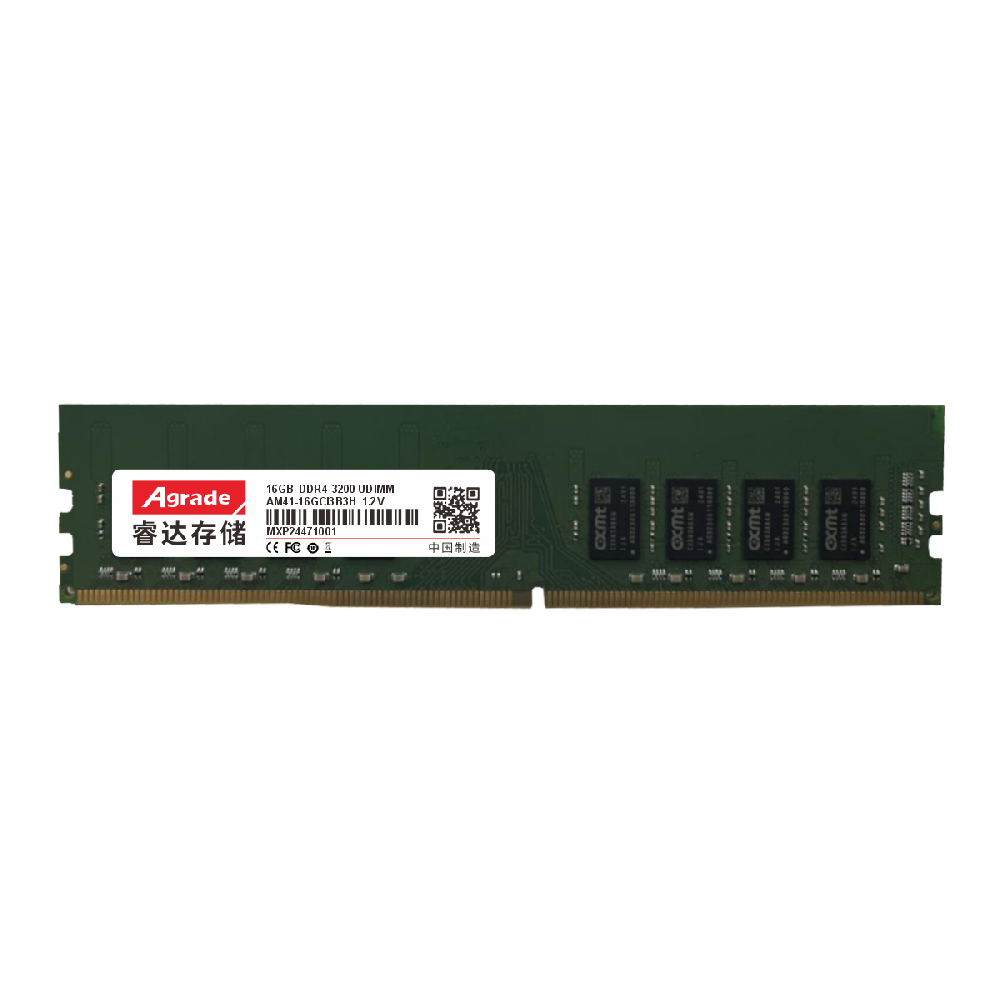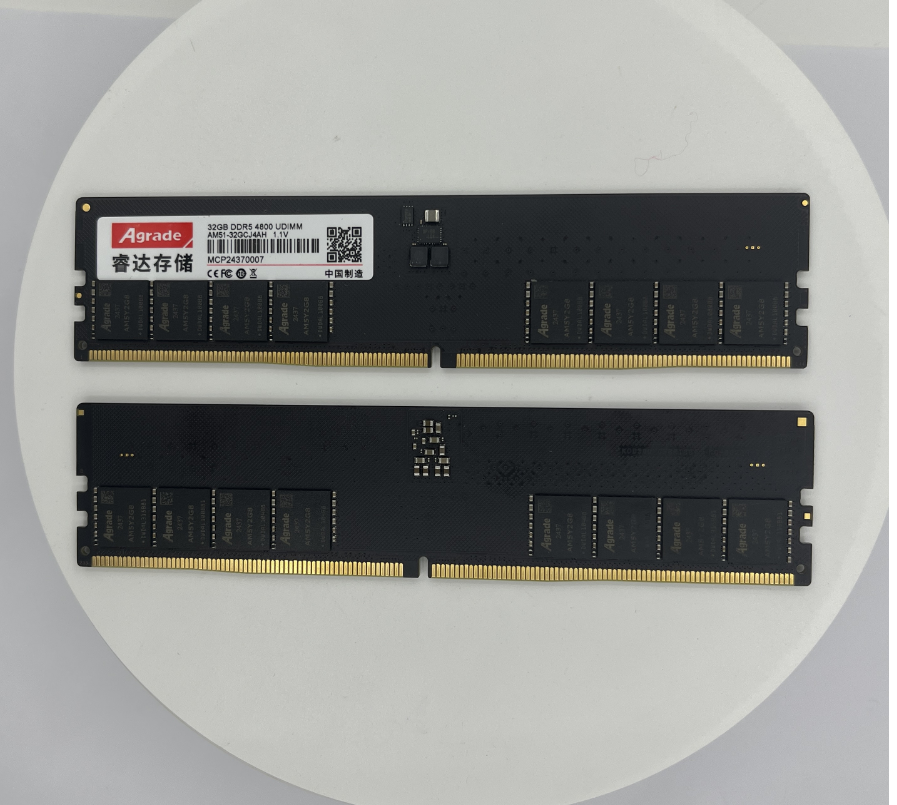

News
 电商部
电商部  2025-11-18 12:01:36
2025-11-18 12:01:36 Industrial SSD Data Security: Protecting Critical Information
Industrial SSDs store some of the most sensitive data in modern industries — from production trade secrets and patient records to military mission plans and energy grid controls. A data breach or loss can lead to financial penalties, safety hazards, reputational damage, or even national security risks. As industrial systems become more connected via IIoT, the threat of cyberattacks and physical tampering increases. Industrial SSD data security is therefore a top priority, requiring a combination of hardware-based encryption, secure erase features, compliance certifications, and physical security measures.
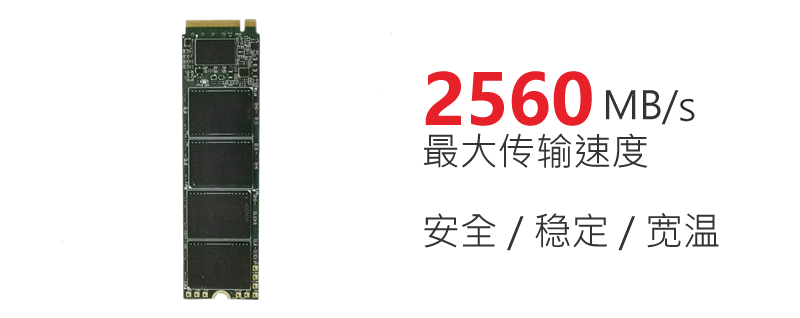
Key Security Features of Industrial SSDs
Industrial SSD manufacturers integrate advanced security features to protect data at rest and in transit:
AES Encryption: Advanced Encryption Standard (AES) is the gold standard for data encryption. Most industrial SSDs offer AES-256 encryption, which uses a 256-bit key to scramble data — making it unreadable without the key. Hardware-based AES encryption (built into the SSD’s controller) is faster and more secure than software-based encryption, as it doesn’t rely on the host system’s CPU and is less vulnerable to attacks. Some high-security models support AES-XTS, an enhanced mode that provides better protection against data manipulation.
Secure Erase: When an industrial SSD reaches the end of its lifespan or is repurposed, secure erase ensures sensitive data is permanently deleted. Industrial SSDs offer multiple secure erase options:
Crypto Erase: Resets the AES encryption key, rendering all data unreadable instantly. This is the fastest and most secure method.
Block Erase: Overwrites all NAND flash blocks with zeros or random data, meeting NIST SP 800-88 standards for secure data destruction.
Enhanced Secure Erase: Overwrites data multiple times (e.g., 3 passes) for high-security applications (e.g., military or government).
Authentication & Access Control: Some industrial SSDs support TPM (Trusted Platform Module) integration or password authentication. TPM stores encryption keys securely, preventing unauthorized access to the SSD. Password authentication requires a user to enter a PIN or password before the SSD can be accessed, adding a layer of protection against physical theft.
Tamper Resistance: For high-security sectors (military, government, financial services), industrial SSDs offer tamper-resistant features. These include:
Tamper-Evident Casings: Physical indicators (e.g., seals, paint) that show if the SSD has been opened.
Tamper-Responsive Design: Automatically erases data or locks the SSD if physical tampering is detected (e.g., drilling into the casing or removing components).
Secure Boot: Ensures the SSD only loads trusted firmware and software, preventing malware from infecting the drive.
Firmware Security: Industrial SSD firmware is protected with digital signatures to prevent unauthorized modifications (e.g., malware injecting malicious code into the firmware). Regular firmware updates patch security vulnerabilities and improve protection against emerging threats.
Compliance Certifications for Industrial SSDs
Industries with strict data protection regulations require industrial SSDs to meet specific compliance standards:
FIPS 140-2/3: Federal Information Processing Standards (FIPS) 140-2/3 certify that encryption modules (like AES in industrial SSDs) meet U.S. government security requirements. Level 2 (FIPS 140-2 Level 2) is common for industrial applications, while Level 3 offers physical security features (e.g., tamper-resistant casings) for high-risk sectors.
HIPAA: The Health Insurance Portability and Accountability Act (HIPAA) requires healthcare organizations to protect patient data. Industrial SSDs used in medical equipment must offer AES encryption and secure erase to meet HIPAA standards.
GDPR: The General Data Protection Regulation (GDPR) mandates data protection for EU citizens. Industrial SSDs used by EU-based companies must support secure erase and data minimization (storing only necessary data) to comply with GDPR.
ISO 27001: ISO 27001 is an international standard for information security management. Industrial SSDs with ISO 27001 certification meet global best practices for data security.
Best Practices for Industrial SSD Data Security
In addition to choosing a secure industrial SSD, follow these best practices to protect your data:
Use Hardware Encryption: Always opt for hardware-based AES encryption over software-based encryption. Hardware encryption is faster, more reliable, and less vulnerable to attacks.
Manage Encryption Keys Securely: Store encryption keys in a TPM, key management server (KMS), or secure cloud service — never on the same system as the encrypted data. Rotate keys regularly (e.g., every 6 months) to reduce risk if a key is compromised.
Implement Secure Erase Procedures: Develop a formal process for secure erasing industrial SSDs before disposal, repurposing, or returning them to vendors. Keep records of secure erase activities to demonstrate compliance.
Restrict Physical Access: Store industrial SSDs in secure locations (locked cabinets, data centers with access controls) to prevent theft or tampering. Use tamper-evident labels to detect unauthorized access.
Update Firmware Regularly: Manufacturers release firmware updates to address security vulnerabilities. Schedule regular updates (e.g., quarterly) and test them in a non-production environment before deploying to critical systems.
Monitor for Anomalies: Use SSD management tools to track access logs, encryption status, and firmware changes. Alert security teams to unusual activity (e.g., multiple failed password attempts, unauthorized firmware updates).
Industrial SSD data security is a continuous process, not a one-time investment. By selecting a secure SSD with the right features, meeting compliance requirements, and following best practices, you can protect your critical industrial data from cyberattacks, physical tampering, and accidental loss.

